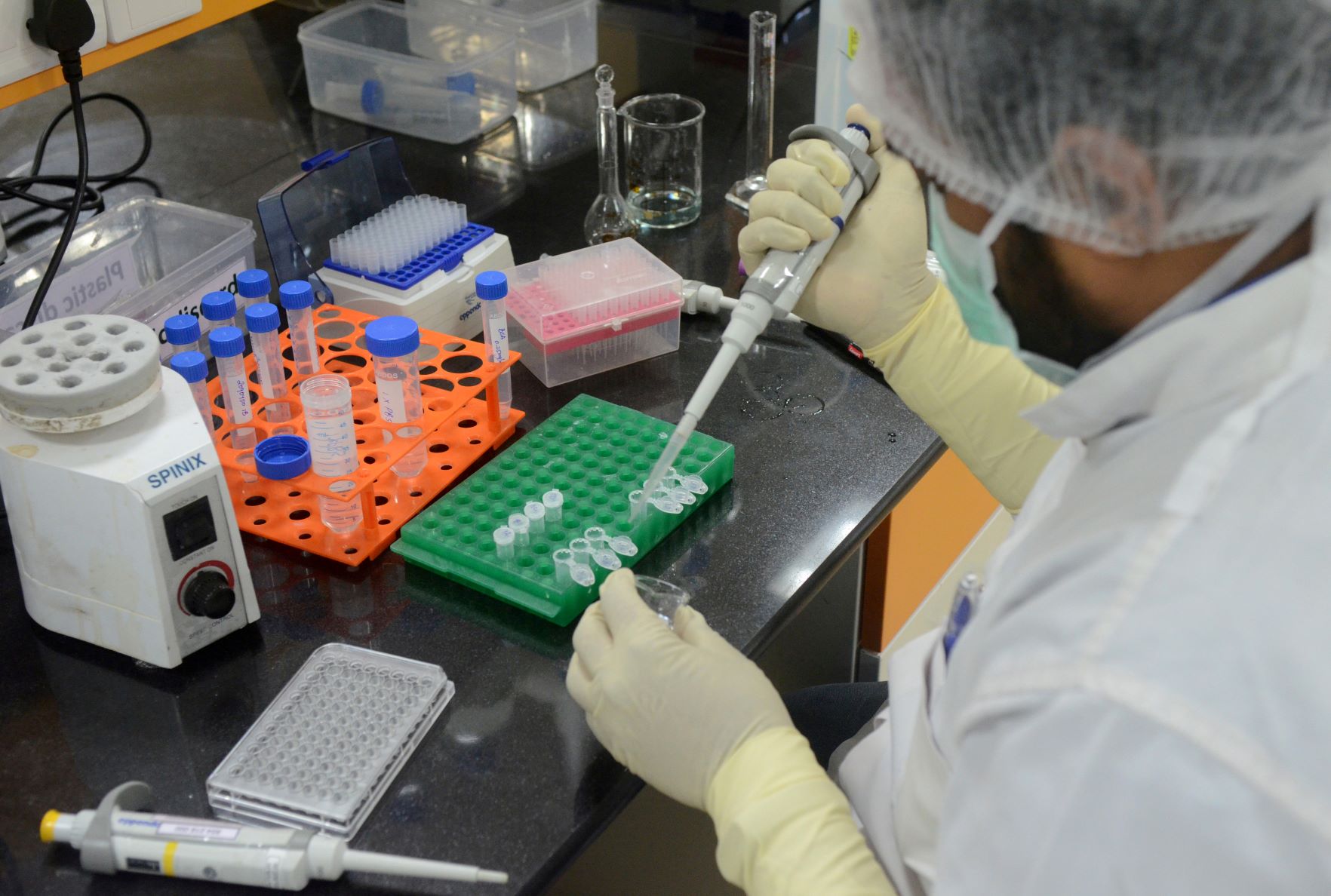Researchers have discovered another coronavirus variation. While they advise against becoming overly alarmed, they believe it is more effective than delta at evading immune protection.
According to Reuters, the researchers first discovered the C.1.2 variation in May in South Africa and published their findings this month. The findings have been sent to the World Health Organization. The study has not yet been peer-reviewed.
The variation has spread to England, China, the Democratic Republic of the Congo, Mauritius, New Zealand, Portugal, and Switzerland, as well as most of the country’s regions. According to the Hill, it’s connected to the C.1 virus that swept across South Africa earlier this year.
Scientists have discovered “concerning constellations of mutations” in C.1.2, which they describe as “extremely mutated beyond C.1 and all other” variations of concern.
The new variety differs from the original Wuhan Hu-1 virus by 44 to 59 mutations, according to the researchers. It is classified as “of concern” by the WHO, along with three other variations.
Many questions concerning C.1.2 remain unanswered by researchers. However, scientists claim that it shares numerous changes with other variations associated with increased transmissibility and decreased sensitivity to neutralizing antibodies—though the mutations aren’t combined in the same way.
“This virus is still exploring ways to potentially get better at infecting us,” one of the authors of the study said.
Some variations, such as Alpha and Delta, have swiftly spread throughout the world to become the dominant forms. Others, such as Beta and Gamma, have expanded more geographically. Others have appeared alarming but merely produced occasional outbreaks.












